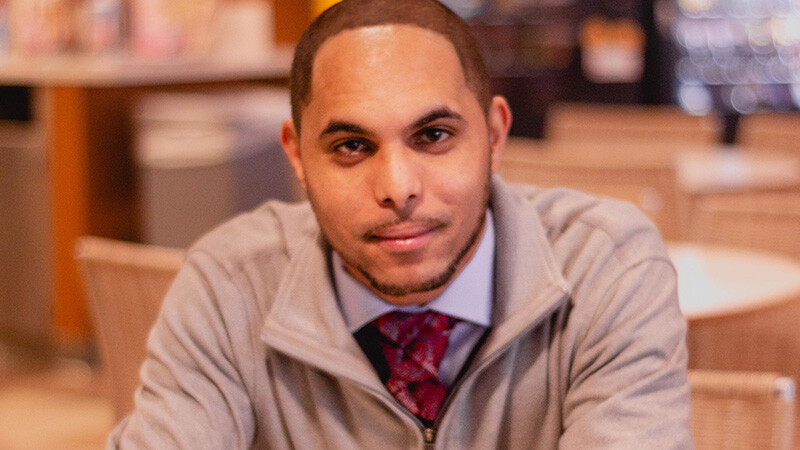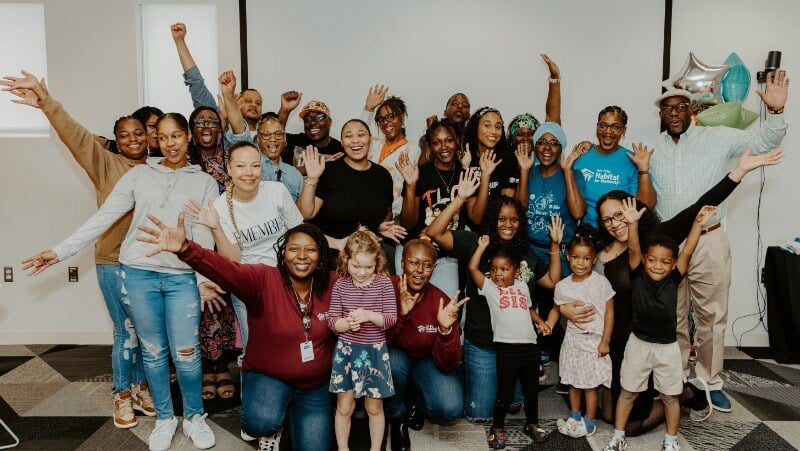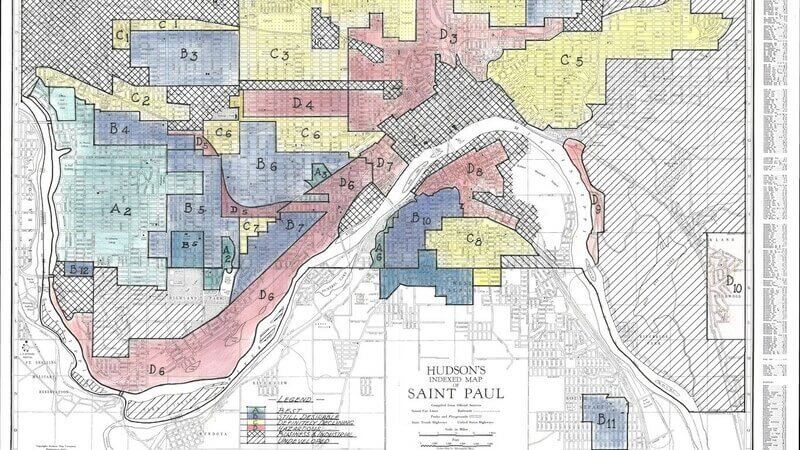Advancing Black Homeownership Program Sees Impactful Results
Bridgette was on cloud nine when she closed on her home in summer 2024. As a participant of Twin Cities Habitat’s Advancing Black Homeownership...

Guest blog by Donte Curtis, Owner/Lead Consultant of Catch Your Dream Consulting
Happy Black History Month! When it comes to Diversity, Equity and Inclusion, are we backing down or doubling down? For me it is emphatically the latter - doubling down. But what does this mean in 2025 given all the backlash we are experiencing?
Let's break it down into three questions:
Why should we be doubling down?
What does this look like?
How do we keep showing up?
Silence is violence and Archbishop Desmond Tutu warned us that neutrality in the face of injustice favors the oppressor. We should be doubling down because our teammates and colleagues have historically marginalized identities and we want to create a workplace where everyone can thrive and feel seen–and, more importantly, we should be doubling down because we want to show and teach our kids that when things get hard, we fight through and persevere.
In the short term, saying something and making it obvious that you stand for DEI and justice for the marginalized. If you have power at an organization, trust me–your people are scared and wondering if ‘leadership’ is going to cave in to the fear and backlash. Let me be as clear as possible: saying that you stand with folks who have been pushed out to the margins is important. Like most folks, if we allow our minds to make meaning, it will lead to negative perspectives and as a leader you need to make sure the organization and the community know where you stand.
 Donte leading an interactive workshop.
Donte leading an interactive workshop.
DEI is not about putting unqualified people in positions. Rather, it is about access to opportunities for everyone (not just on the basis of race), shifting resources to marginalized folks, making sure everyone can eat at your next all-staff gathering and not have a “special meal.” DEI is about making sure your building is accessible to folks with all levels of abilities and prioritizing rest over urgency. It is also about ensuring that the people you are serving and/or impacting have a seat at the table of power. DEI is about so much more. I encourage you to follow and connect with folks on social media who talk about disability, LGBTQIA+2S, and immigrant issues.
Now more than ever, we need to build our skills. DEI happens on the interpersonal level, in choosing to overlook a spelling error on a resume in order to see the whole person applying for the position. It happens in equity practices like ensuring that neurodivergent employees are afforded the time and space they need. It happens when you normalize having everyone share their pronouns at the start of a meeting. These are small practices that make a huge difference to the culture of an organization and are just a fraction of what DEI is centering.
The final thing I want to suggest that we do is to allow spaces of reflection and hope. Bryan Stevenson, the author of Just Mercy, says hopelessness is the enemy of justice. We need hope if we are going to keep fighting. Hope is often thought of as an emotion that comes to us. However, there is research and empirical evidence that hope can be learned and injected into our lives by our actions and choices. Let’s be intentional, now more than ever, to foster relationship building and spaces that bring us hope and even joy because our future selves will thank us.

Donte Curtis is the owner of Catch Your Dream Consulting and a partner of Twin Cities Habitat for Humanity. Catch Your Dream Consulting supports teams and organizations in getting energized, taking practical action, and finding hope around DEI, leadership, and organization change. Connect with him on LinkedIn.
Your gift unlocks bright futures! Donate now to create, preserve, and promote affordable homeownership in the Twin Cities.

Bridgette was on cloud nine when she closed on her home in summer 2024. As a participant of Twin Cities Habitat’s Advancing Black Homeownership...

For generations, state and local governments systematically denied Black Americans access to educational resources and opportunities. It happened...

Buying a home comes with many different expenses to consider.